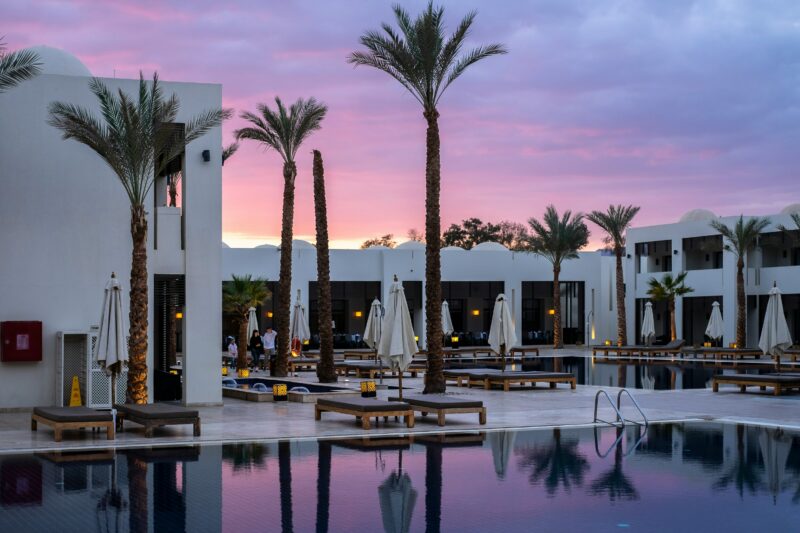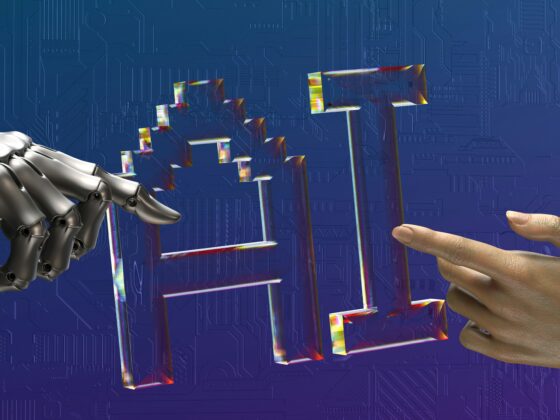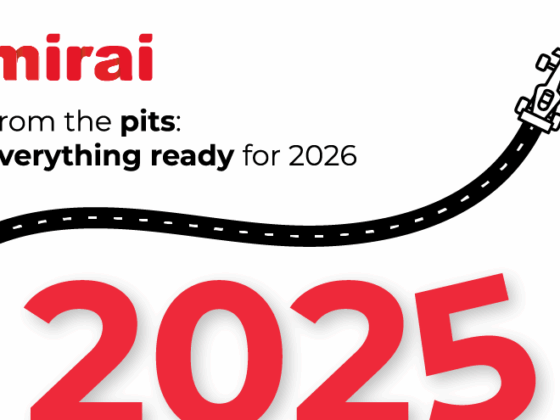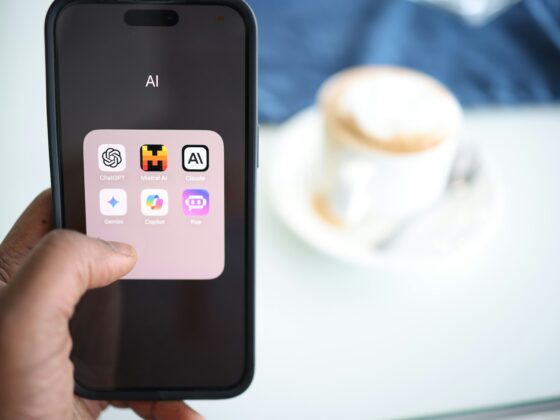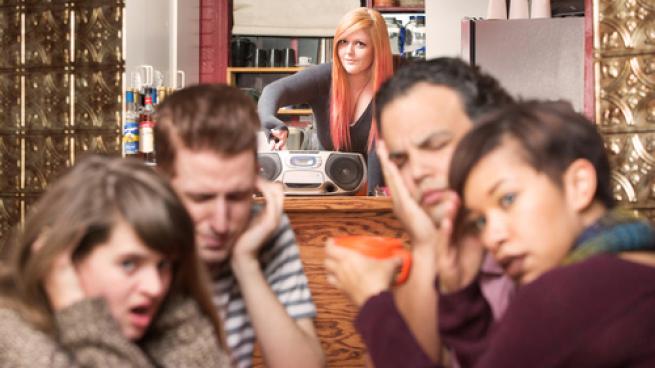
3. Your Streaming Service and Sound System Must Work Well Together
Connectivity and integration issues can annoy customers, frustrate employees, and prevent you from getting all the benefits of streaming music in your restaurant. It’s essential that your music streaming app and sound system are able to “see each other,” connect easily, and stay connected.
Likewise, it should be easy to reconnect if something goes wrong, control different playlists playing simultaneously in different zones, and remove inactive zones.
It’s important that there are no playback issues. The app should be able to interpret your commands and recognize media without malfunctioning or giving confusing error messages. All error messages should be clear and solutions should be intuitive.
Playlist scheduling, shuffle, and playing tracks in linear order should be easy and error-free.
Read product reviews and know how to look for the signs of fake reviews, such as over-the-top praise, multiple reviews with similar content, and reviews posted by anonymous users or users with obvious pseudonyms.
4. You Need the Right Licenses
Here’s where we get into the technical legal considerations. The world of intellectual property and copyright infringement can be confusing, but one of the most important things to ensure when playing music in your restaurant is that you’ve secured the appropriate licenses.
Unauthorized use of music in your restaurant, whether intentional or accidental, can lead to serious legal and financial repercussions. Copyright infringement fines can range from hundreds to tens of thousands of dollars per infringement, depending on the severity of the violation.
When music is played in a public place, such as a restaurant, it’s considered a public performance, and you must obtain permission from the copyright holders in the form of public performance licenses. This is typically managed through various performance rights organizations (PROs) such as The American Society of Composers, Authors, and Publishers (ASCAP), Broadcast Music, Inc. (BMI), the Society of European Stage Authors and Composers (SESAC), and GMR (Global Music Rights) in the United States.
These organizations issue public performance licenses that grant businesses the right to play music from their extensive digital catalogs. Without these licenses, your restaurant could face legal action and hefty fines, as these PROs actively monitor and enforce copyright laws to protect the interests of artists and songwriters.
Hosting live music in your restaurant introduces additional legal considerations. The responsibility for obtaining the proper licenses typically falls on the venue, not the performers. This means that even if a band claims they have the right to perform certain songs, you are still required to have the appropriate licenses from the relevant PROs.
Obtaining the proper licenses ensures that the creators of the music you play are fairly compensated for their work. Additionally, it shields your restaurant from potential legal liabilities. Failure to secure the necessary licenses can result in fines that could severely impact your business.
Restaurants typically require a blanket license, which allows them to play music from a PRO’s entire catalog. This is because the PROs represent songwriters, and some songs have multiple writers. So if you intend to play music from multiple catalogs, you may need multiple licenses. Additionally, if your restaurant plays music videos or uses music in conjunction with digital menus or marketing materials, a synchronization license might be required.
Alternatively, you can opt for a commercial music service that has already negotiated these licenses, often making it more cost-effective and simpler than securing them independently.

